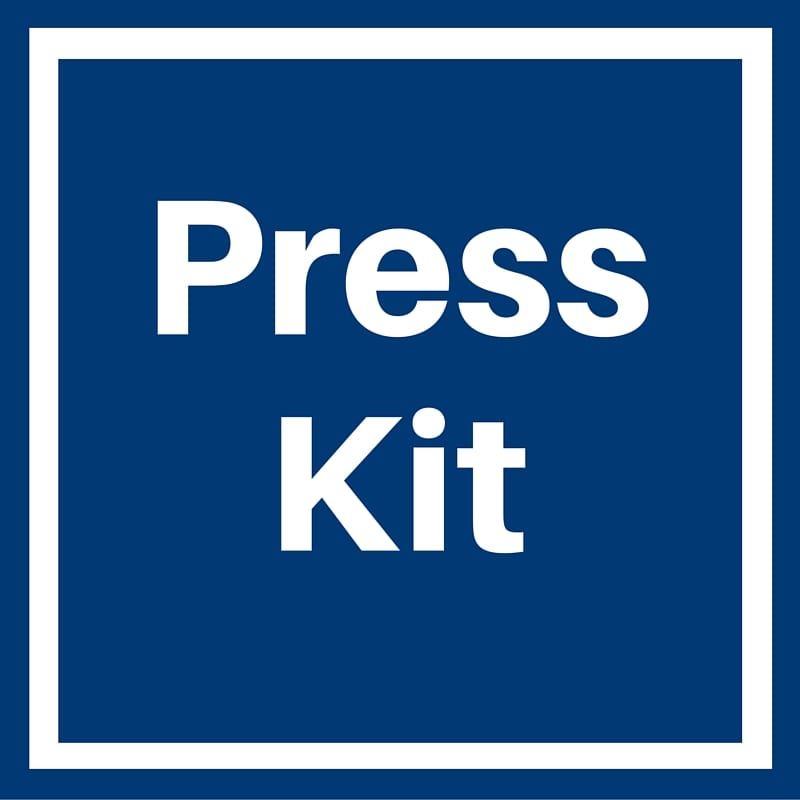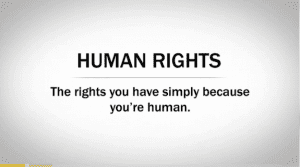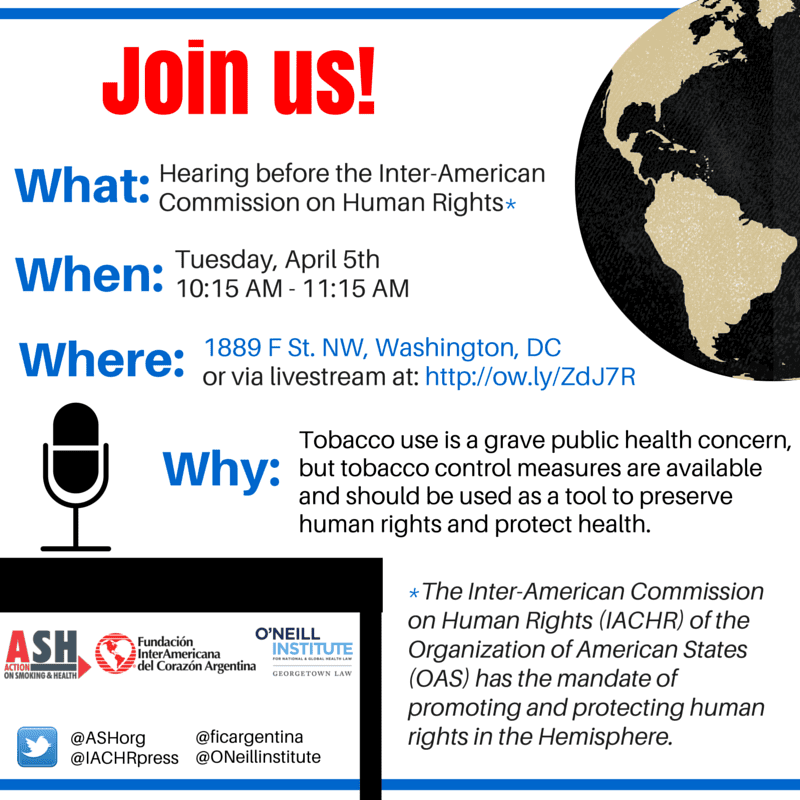On April 5, 2016, Action on Smoking and Health and two of our partner  organizations, Fundación InterAmericana del Corazón Argentina and the O’Neill Institute for National and Global Health Law, will present to the Inter-American Commission on Human Rights (IACHR) on the Right to Health, Tobacco Industry Interference, and on Tobacco in the Americas.
organizations, Fundación InterAmericana del Corazón Argentina and the O’Neill Institute for National and Global Health Law, will present to the Inter-American Commission on Human Rights (IACHR) on the Right to Health, Tobacco Industry Interference, and on Tobacco in the Americas.
This is a watershed moment for ASH’s human rights program, and the first time that tobacco will be brought up as a human rights issue before this commission.
Below we answer some frequently asked questions about tobacco, human rights, and the Commission.

What are human rights?
Human rights are rights inherent to all people. Human rights treaties spell out the duties of governments to protect the rights of their citizens. Through their treaty obligations, governments are often required to protect their citizen’s rights to health, life, education, safe and healthy working conditions, and many others.
What is the Inter-American Commission? Is it a court?
The Inter-American Commission on Human Rights (IACHR) is an autonomous organ of the Organization of American States. It is headquartered in Washington, D.C., and it meets in regular and special sessions several times a year to examine allegations of human rights violations in the hemisphere, submitted by individual petition, by member states, or by request for a thematic hearing (as in our case). The main goal of the Commission is to protect human rights in the Americas.
The IACHR is not a court. However, along with the Inter-American Court of Human Rights, it is one of the institutions that comprise the inter-American system for the promotion and protection of human rights. To draw a loose parallel, if an Inter-American Court case is like a case in front of the Supreme Court of the United States, then the Inter-American Commission hearing would be similar to a Congressional hearing.
The Commission’s human rights duties come from three international documents- the OAS Charter, the American Declaration of the Rights and Duties of Man, and the American Convention on Human Rights.
Why is tobacco a human rights issue?
The founding documents of the Commission ensure the right to life, the protection of children, the right to health, the right to education, and the right to healthy work conditions, all of which are violated by tobacco and/or tobacco corporations and allowed by governments, illustrated by the following facts:
Right to life/ health
• Tobacco use kills nearly six million people worldwide each year
• Latin America has 145 million smokers, between 8-10% of the smokers in the world.
• Tobacco will kill ten million Latin Americans between 2013 and 2025
Protection of children
• Youth tobacco usage in the region is on the rise, with 13.16 percent of young people between the ages of 15 and 18 smoking.
Right to Education
• Graphic warning labels are effective in dissuading smokers but only 16 Latin American countries require graphic health warnings covering at least 50 percent of the main display areas of a package.
Right to healthy work conditions
• Seventeen countries in the Americas have adopted 100 percent smoke-free laws but these account for only 46 percent of the region’s population.
The Framework Convention on Tobacco Control
• Five of 35 countries in the Americas still need to join the 180 parties to the FCTC
• Argentina, Cuba, Dominican Republic, Haiti, United States
What is tobacco industry interference?
Article 5.3 of the Framework Convention on Tobacco Control (FCTC), the global tobacco treaty, states that “parties shall protect [tobacco control] policies from commercial and other vested interests of the tobacco industry in accordance with national law.”
However, the tobacco industry interferes in tobacco control laws and tobacco control education in many ways all around the world, through lawsuits, interference with legislation, deceptive and targeted advertising, and utilizing front groups. We will discuss some of the examples of these tactics during the hearing.
What are you asking the Commission for?
ASH and our partners asked the Commission for a thematic hearing on tobacco and human rights in Latin America for several reasons. The Commission observes the general situation of human rights in Member States and publishes reports – we would like to see tobacco included in those reports. The Commission can also recommend that member states adopt measures that contribute to the protection of human rights. We would like the Commission to encourage all members to fully implement the Framework Convention on Tobacco Control (WHO FCTC), which embodies global best practices for tobacco control.
Finally, the Commission also fosters public awareness of human rights issues. Many people, including human rights professionals, have not considered tobacco as a human rights issue. We intend to show them why they should, and we hope that after the hearing, the Commission will help spread that awareness throughout the region.
Can I attend?

Yes! The hearing is Tuesday, April 5, 2016 from 10:15 AM to 11:15 AM in the Padilha Vidal Room at the Organization of American States. The address is 1889 F Street NW, Washington, D.C. 2006. If you are unable to make it in person, the hearing will also be streaming live here>.
Want to learn more about tobacco and human rights?
Check out our Human Rights Violations and Human Rights Resources webpages, and check back after the hearing to read our presentation materials and watch the video of the hearing.








